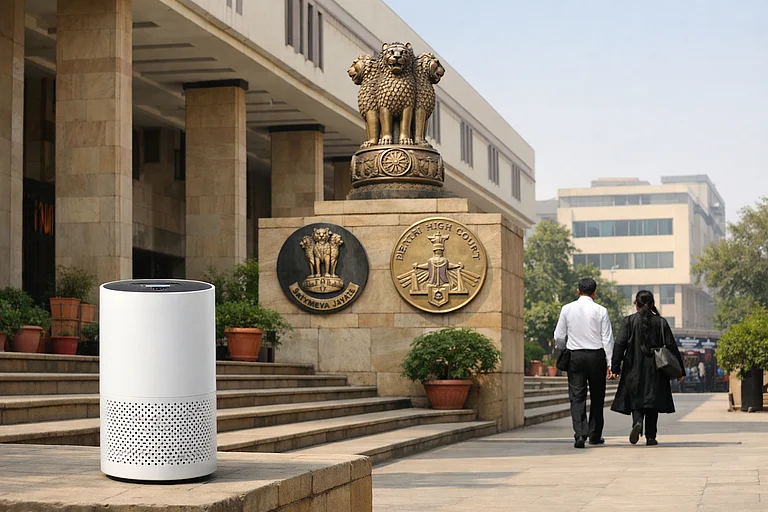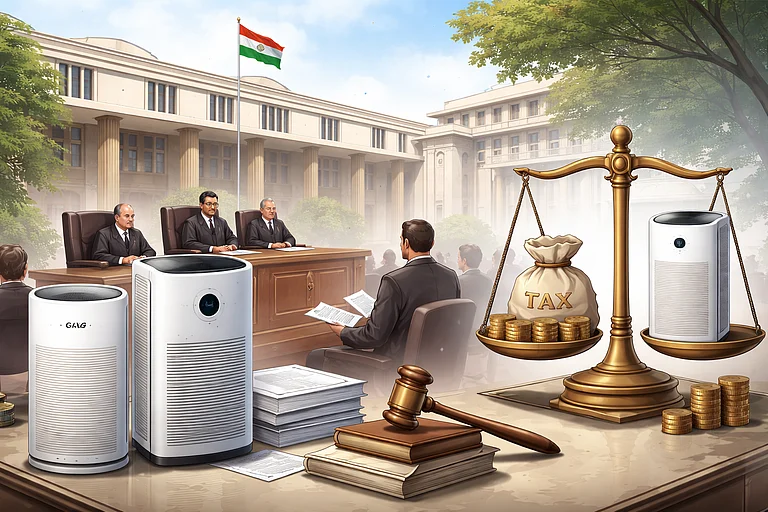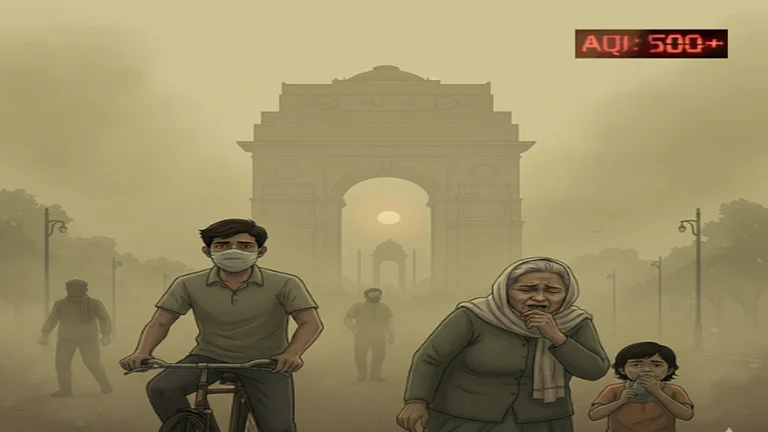It is the best time of the year, thanks to Diwali and the onset of winter. However, for those living in the north, especially in the Delhi NCR region, it comes with the menace of very high air pollution with air quality index (AQI) levels, much much higher than what is deemed safe.
However, health insurance will provide you with cover against various diseases that can be a result of high air pollution.
Health insurance policies in India generally cover a range of respiratory conditions, including chronic obstructive pulmonary disease (COPD), asthma, bronchitis, and acute respiratory infections. “Coverage typically includes hospitalization expenses associated with these conditions as long as the policyholder meets the waiting period and other policy terms and conditions. Additionally, complications resulting from respiratory infections may be covered, even if these conditions are aggravated by external environmental factors like pollution,” says Bhaskar Nerurkar, head - health administration team, Bajaj Allianz General Insurance.
Are Pre-Existing Diseases Covered?
Respiratory conditions like asthma or COPD could be considered pre-existing illnesses if the policyholder has been diagnosed with them before purchasing the health insurance policy. “f these conditions are classified as pre-existing, standard waiting periods for pre-existing conditions would apply, as per the terms of the policy,” says Siddharth Singhal, head - health insurance, Policybazaar.com.
Waiting Periods
There is typically no separate waiting period specifically for pollution-related lung conditions. “If the condition is linked to pre-existing respiratory issues, the standard waiting period for those illnesses may apply. Always verify with the insurer for clarity on specific terms,” says Sharad Mathur, MD and CEO, Universal Sompo General Insurance.
Emergency Hospitalization
Most health insurance policies cover emergency hospitalization arising from acute respiratory exacerbations due to pollution, including post-Diwali spikes in air pollution levels. “Coverage generally includes ICU charges, prescribed medications, and other admissible costs provided the hospitalization meets policy requirements for emergency care. This support helps policyholders manage the impact of sudden respiratory health challenges during periods of heightened air pollution,” says Nerukar.
Add-Ons To Consider
There are generally no specific additional riders or add-ons for air pollution-related conditions, as these are usually covered under standard health insurance policies. “Some insurers are offering innovative pocket insurance plans specifically designed to cover pollution-related health issues. These plans can enhance coverage for treatments related to respiratory problems exacerbated by pollution, providing broader financial protection for policyholders. Always check the specifics of what is included in these plans,” says Mathur.














